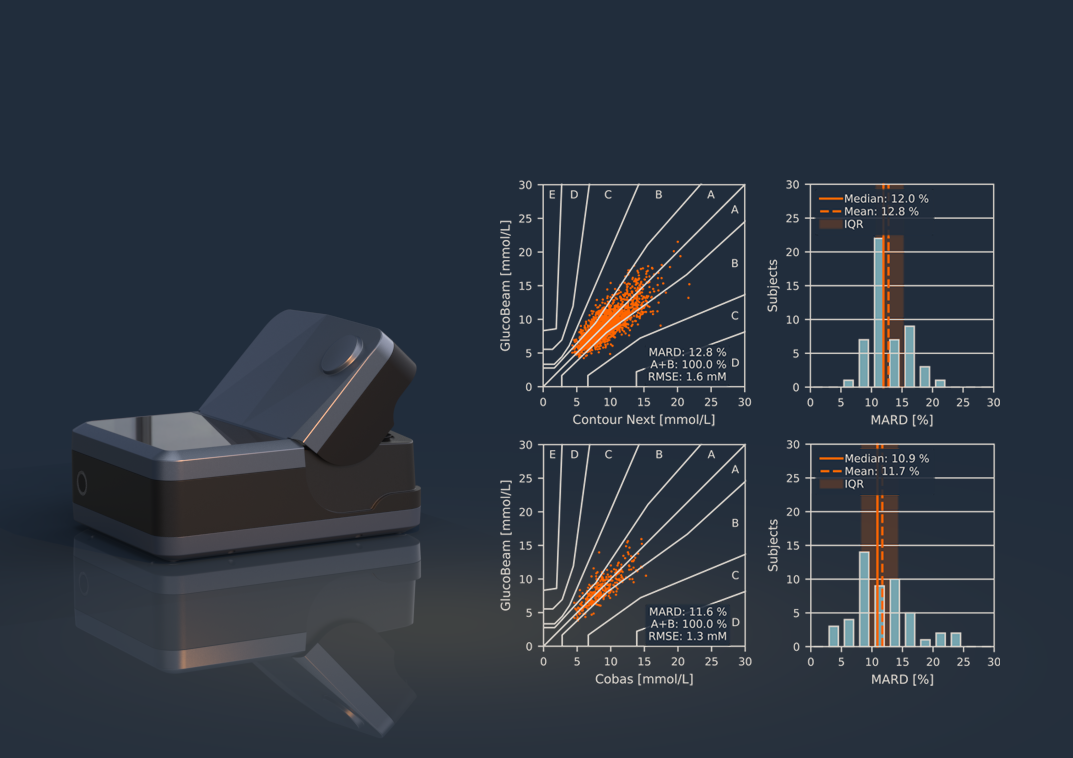At this year’s ATTD conference in Florence, RSP Systems shared recent findings from our latest clinical study, namely RSP-26, showcasing that non-invasive monitoring of glucose levels in people with type 2 diabetes is now possible and efficient following only a short initial calibration.
Historically, the calibration stability and accuracy required for non-invasive glucose monitoring have posed challenges for many. However, at RSP Systems, we have overcome these hurdles: By using pre-collected clinical data, we have demonstrated a significantly reduced complexity and duration of device calibration, underlining the potential of Raman spectroscopy as an effective technology for non-invasive glucose sensing.
At the foundation of our latest study is the application of paired Raman spectra and reference blood glucose concentrations collected from past studies, through which a regression model has been pre-trained. In the study protocol, the model is then tailored to individual users based on 10 calibration points over a span of a few hours. To test and validate the new calibration scheme, a clinical study was conducted involving 50 subjects with type 2 diabetes, who were monitoring their glucose levels over a span of 2 days. Glucose excursions were achieved through meal challenges. Remarkably, 100% of the measurements fell within zones A and B of the CEG plot, with a mean/median MARD of 11.7/10.9%. These results hold immense promise for future applications in diabetes management.
Moreover, RSP Systems anticipates further enhancements in measurement accuracy through the utilization of time series analysis, particularly as the technology evolves into a miniaturized wearable form factor. As more data is collected and algorithms are refined, the prospect of achieving a satisfactory factory calibration accuracy looms closer.
Please find our poster here.



